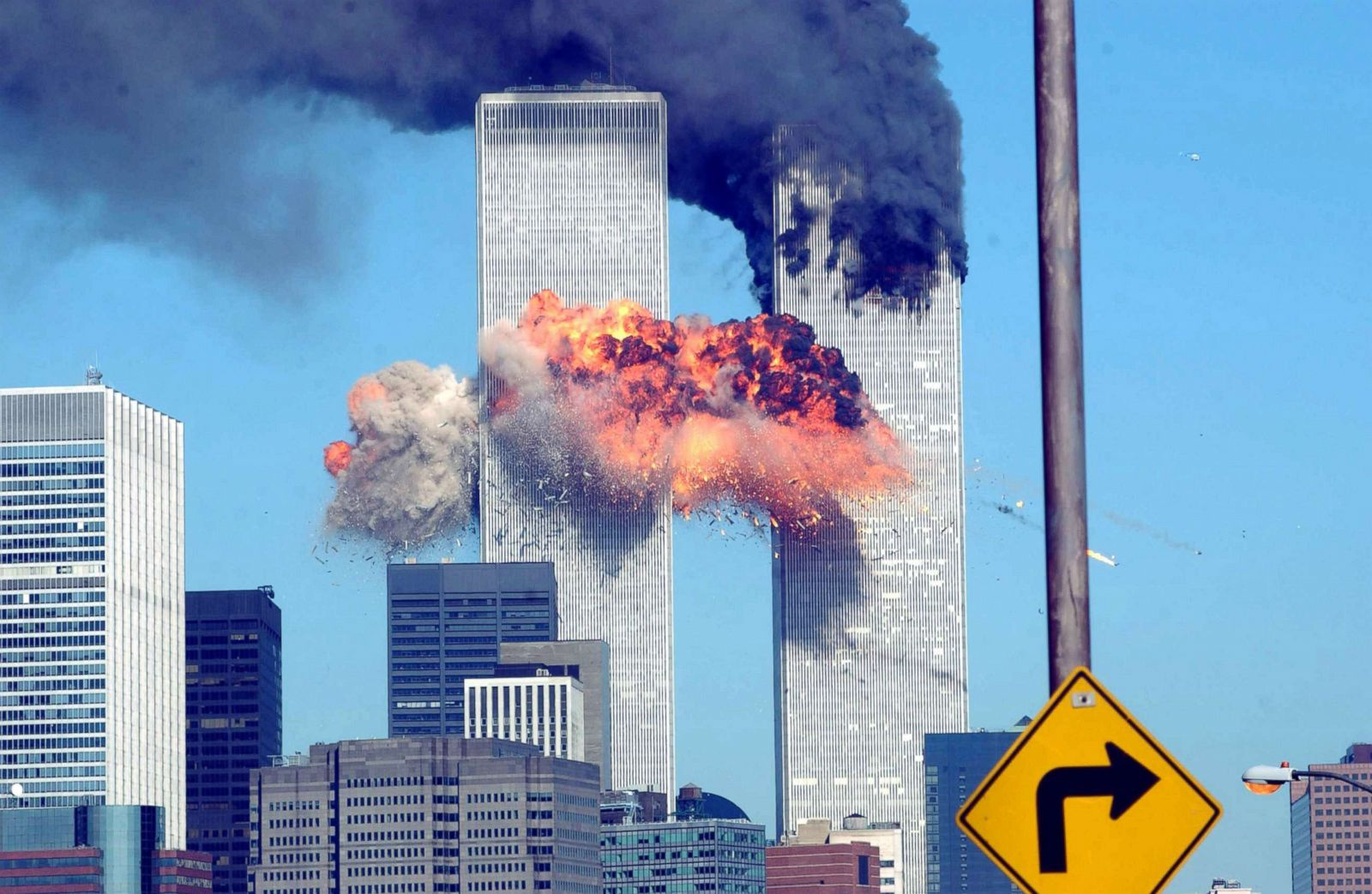Privatize the TSA
In 2024, taxpayers were forced to hand over $11.2 billion to fund these unpleasant experiences. Now, in 2025, the TSA is asking for even more: $11.8 billion. In 2015, the TSA operated on $4.8 billion, meaning their funding has increased by 133% in just a decade. Despite this massive increase, they’ve only become slower, more inefficient, and angrier at the people they’re supposed to serve.
Competition Is Needed
Competition works. People have different needs, and competition allows them to choose what works best for them. Businesses, in turn, have to improve to meet those needs or risk losing customers. That’s how efficiency is created.
The TSA, as a government monopoly, doesn’t have to compete, and the result is a bloated, inefficient system where travelers have no choice. It’s time to change that.
Proposal to Replace the TSA
The Screening Partnership Program (SPP): Some airports already allow private contractors to handle security under the Screening Partnership Program (SPP), established by the TSA in 2004. San Francisco International Airport is a great example. Since 2002, Covenant Aviation Security has been providing security at SFO. These private contractors do the same job as the TSA but with more flexibility, greater efficiency, and better customer service. Private companies are held accountable by the airports that hire them. If they fail to perform, they lose the contract. The TSA, by contrast, faces no consequences for poor performance. But even the SPP has its limits. The TSA still controls the program, approving contractors and dictating terms, which suppresses competition. It’s like requiring Burger King to ask McDonald’s for permission to sell burgers. Private partnerships are a step in the right direction, but we need to take it further.
1. Remove the TSA’s Ability to Block Private Contractors
Right now, airports wanting to switch to private contractors have to get approval from the
TSA. The Federal Aviation Administration (FAA) Modernization and Reform Act of 2012 says the TSA must approve these requests unless it compromises security, efficiency, or effectiveness. But the TSA makes the process so bureaucratic that it’s practically meaningless. If we eliminate this barrier, more airports can opt into privatized security, and competition can take over.
2. Transition the TSA Into a Regulatory Agency
The TSA should no longer run airport security. Its role should be to set safety standards, certify private security companies, and ensure compliance. Airports would then hire TSA-certified contractors based on their specific needs. This allows the TSA to focus on maintaining safety while letting airports manage operations. Airports would select contractors offering the best value, creating competition while maintaining high safety standards.
3. Introduce a Multi-Provider Screening Model
Airports could divide screening zones among multiple private contractors, giving travelers the ability to choose their provider. Right now, travelers pay a $5.60 TSA fee for screening. Instead, they could pay a similar fee directly to their chosen provider.
For example, someone running late could choose a provider offering expedited screening with shorter lines and advanced technology, even if it costs more. This higher cost comes from employing more staff and using advanced technology, which allows for faster processing of travelers. On the other hand, someone with time to spare could save money by choosing a provider with longer lines and fewer staff. This system allows people to be treated as individuals with unique needs, not as objects to be screened. Additionally, private companies are incentivized to operate efficiently since their revenue depends on processing travelers, and competition ensures they continually improve to retain passengers.
The TSA has become an inefficient monopoly, wasting taxpayer money and making travel miserable for everyone. Introducing competition through private contractors would give travelers choice, improve efficiency, and reduce costs. It would make security about meeting the needs of travelers, not just serving a bureaucratic system. Competition works—let’s use it to fix airport security.




Comments
Post a Comment